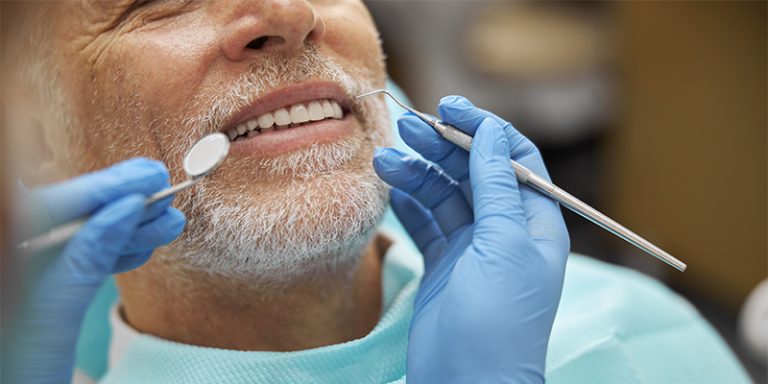
Implant Types
Dental implants are a reliable and lasting solution for replacing missing teeth. With advancements in dentistry, various implant types are available to meet individual needs and preferences. Each type of implant offers unique benefits, whether you’re replacing a single tooth, several teeth, or even supporting dentures. Understanding the different types of dental implants can help you make an informed decision about the best option for your oral health and lifestyle.
Choosing the right implant type involves considering factors such as jawbone health, the number of teeth to be replaced, and your long-term dental goals. From traditional implants that provide a stable foundation for crowns to mini implants for patients with less bone density, each option is designed to improve function, aesthetics, and overall comfort. Below is an overview of common implant types and their benefits.
Types of Dental Implants and Their Benefits
Traditional Dental Implants
Traditional implants are the most commonly used option for replacing missing teeth. These implants consist of a titanium post surgically placed into the jawbone, serving as a sturdy anchor for a dental crown, bridge, or denture. Traditional implants are highly durable and can last a lifetime with proper care. They help preserve jawbone structure and provide a natural look and feel, making them an ideal solution for long-term tooth replacement.
Benefits of Traditional Implants:
- Highly durable and long-lasting
- Maintain jawbone density and structure
- Provide a natural appearance and feel
- Suitable for single or multiple tooth replacements
Mini Dental Implants
Mini implants are a smaller version of traditional implants, often used when there is insufficient jawbone density to support regular implants. These implants are less invasive to place and typically require a shorter healing period. Mini implants are ideal for stabilizing lower dentures or replacing small teeth in narrow spaces.
Benefits of Mini Implants:
- Less invasive placement procedure
- Faster healing time compared to traditional implants
- Suitable for patients with lower bone density
- Ideal for stabilizing dentures
Implant-Supported Dentures
Implant-supported dentures combine the benefits of both implants and dentures. These dentures are anchored by implants placed in the jawbone, providing a secure and stable fit. Unlike traditional dentures that may slip or cause discomfort, implant-supported dentures stay firmly in place, improving both functionality and confidence.
Benefits of Implant-Supported Dentures:
- Improved stability and comfort compared to traditional dentures
- Prevent bone loss in the jaw
- Allow for easier chewing and speaking
- Provide a more natural appearance
All-on-4 Implants
The All-on-4 technique is a modern solution for replacing an entire arch of teeth using only four strategically placed implants. This method provides a secure foundation for a full set of replacement teeth without requiring individual implants for each missing tooth. All-on-4 implants are an excellent choice for patients who want a permanent, non-removable alternative to traditional dentures.
Benefits of All-on-4 Implants:
- Efficient solution for full-mouth restoration
- Requires fewer implants, reducing cost and procedure time
- Provides a stable and permanent solution
- Helps maintain jawbone health
Why Understanding Implant Types Matters
Choosing the right type of dental implant is crucial for achieving the best possible outcome for your oral health and overall quality of life. Each implant type offers unique advantages, and understanding your options can help you select the most suitable solution based on your specific needs, budget, and long-term goals. Consulting with a dental professional can provide valuable insights and personalized recommendations to ensure you achieve a lasting, functional, and aesthetically pleasing smile.
Frequently Asked Questions (FAQ)
1. What is the difference between traditional implants and mini implants?
Traditional implants are larger and provide a more robust solution for replacing teeth, while mini implants are smaller and less invasive. Mini implants are often used for patients with lower bone density or to stabilize dentures.
2. Are implant-supported dentures better than regular dentures?
Yes, implant-supported dentures provide a more secure and stable fit compared to traditional dentures. They eliminate issues like slipping and discomfort, making it easier to eat, speak, and smile with confidence.
3. How long do dental implants last?
With proper care and maintenance, dental implants can last a lifetime. Regular dental check-ups and good oral hygiene practices are essential for preserving the longevity of your implants.
4. Do I need bone grafting before getting dental implants?
Bone grafting may be necessary if you have insufficient jawbone density to support traditional implants. However, options like mini implants and zygomatic implants can sometimes eliminate the need for bone grafting.
5. What is the All-on-4 implant technique?
The All-on-4 technique involves placing four implants to support an entire arch of teeth. This method provides a permanent and stable solution for patients who need full-mouth restoration, offering improved function and aesthetics.
